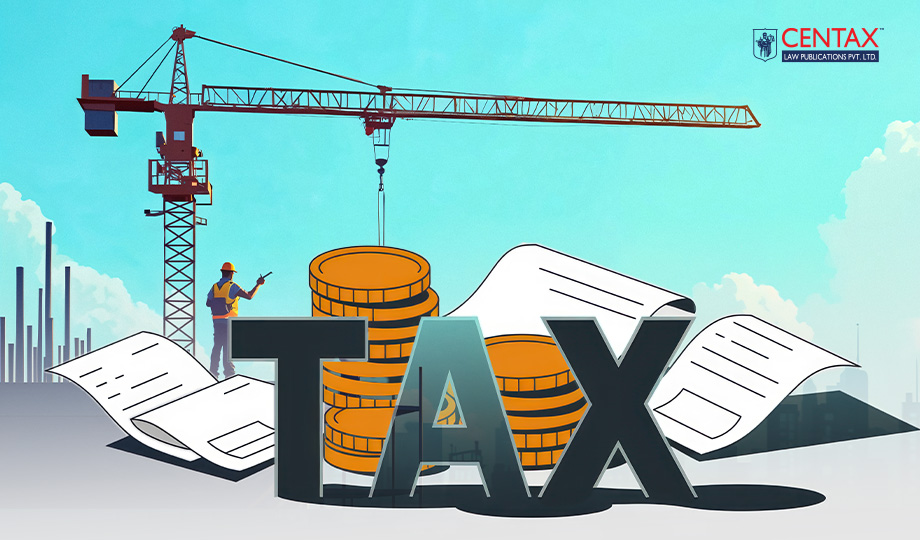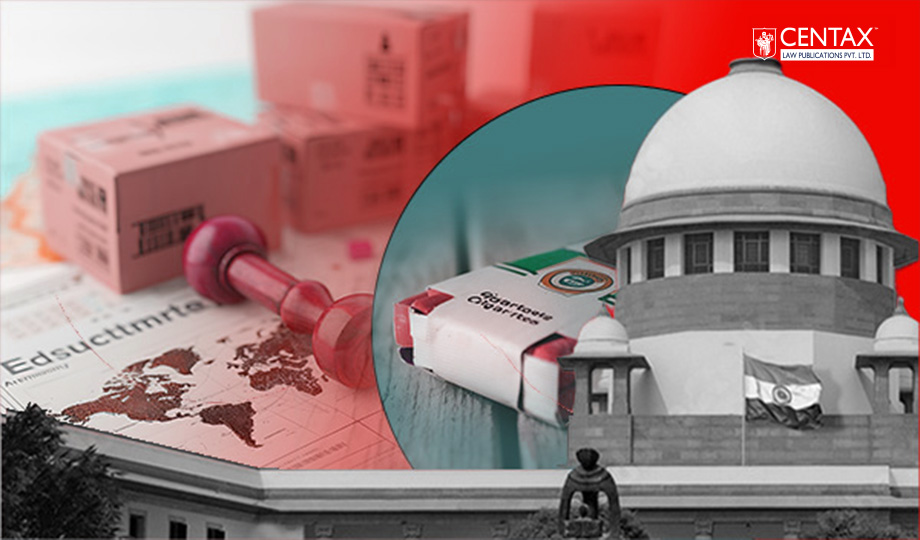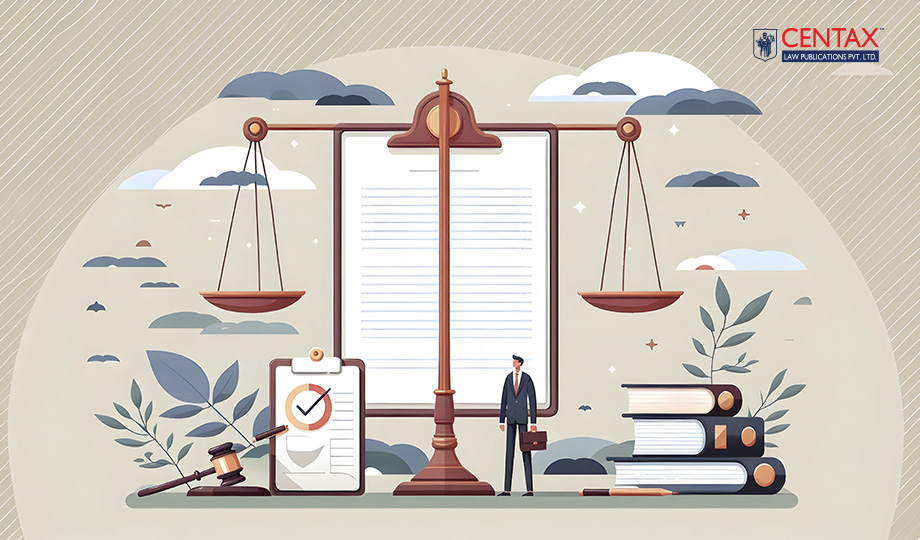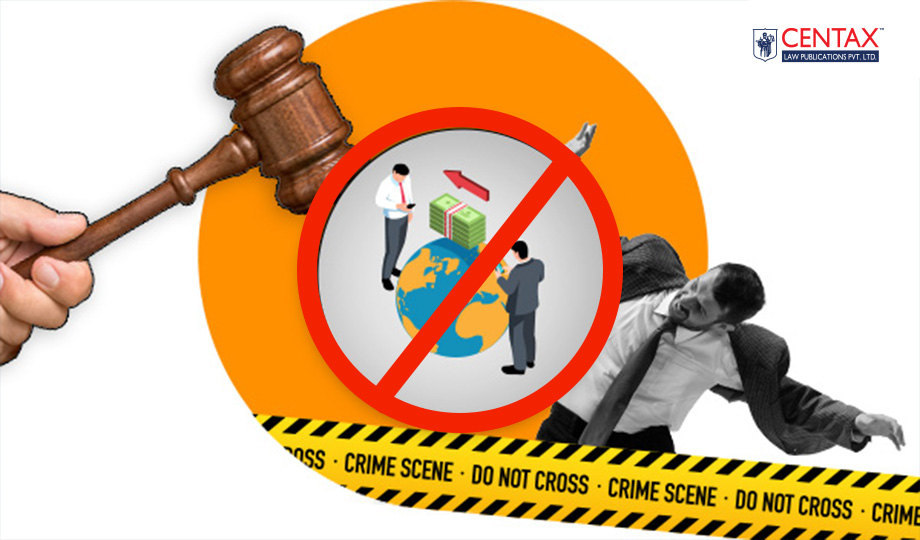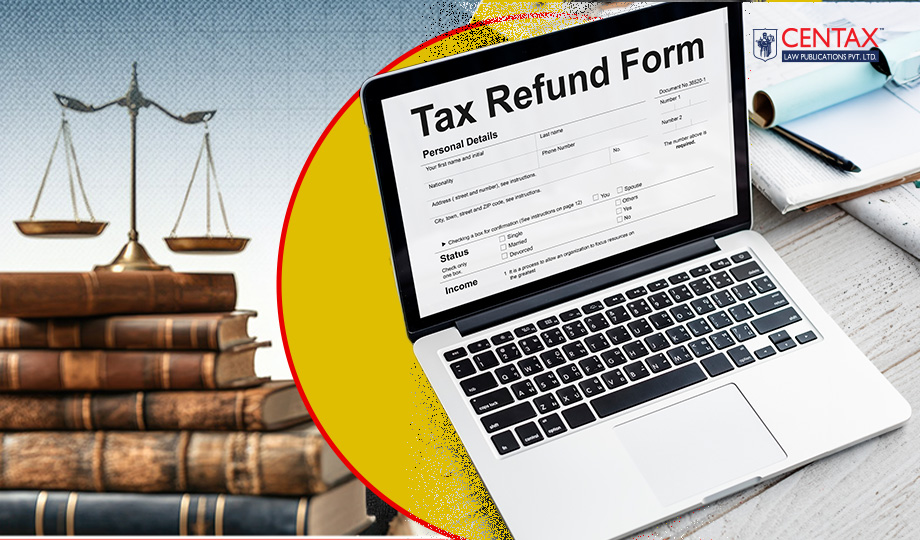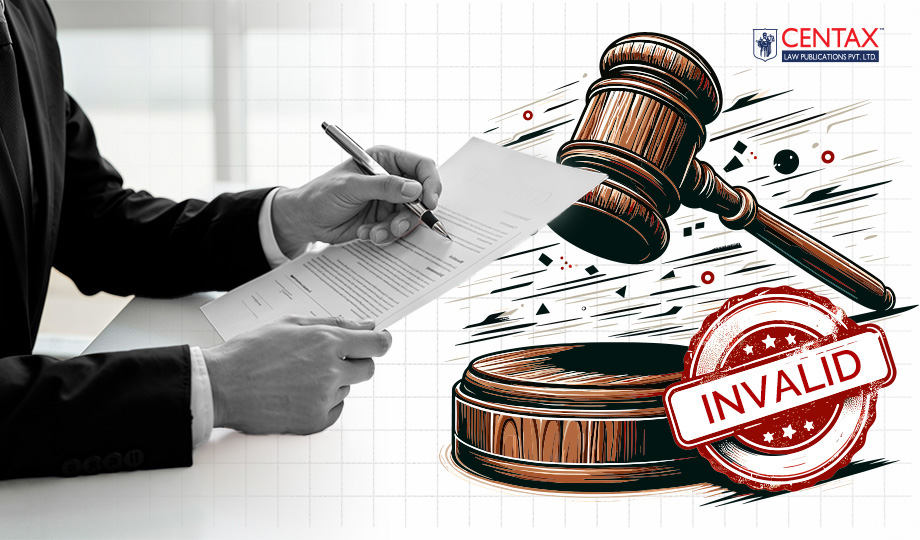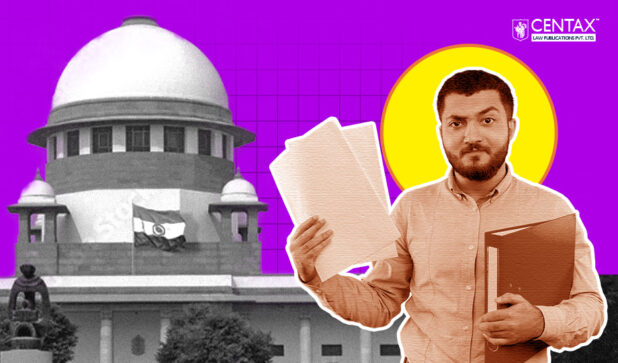
Case Details: S.C. Gupta Versus Union Of India (2025) 33 Centax 61 (Del.)
Judiciary and Counsel Details
-
Devendra Kumar Upadhyaya, CJ. and TUSHAR RAO GEDELA, JJ.
-
S/Shri Manish Raghav and Shivaansh Dixit, Advs., for the Petitioner.
-
S/Shri Chetan Sharma, ASG with Rakesh Kumar, CGSC, Amit Gupta, Saurabh Tripathi, Shubham Sharmaand Ms. Urja Pandey, Advs., for the Respondent.
Facts of the Case
The petitioner, in the capacity of an informer, initially filed a writ petition seeking grant of 20% of the recovered amount as a reward under Clause 5.5.1 of the Guidelines for Grant of Reward to Informers and Government Servants, 2015 (Guidelines). The High Court, both at the Single Judge and Division Bench level, dismissed the petition on the ground that the criteria for grant of reward under Clause 3.3.1 of the Guidelines was discretionary, and the informer had no entitlement as a matter of right; moreover, the petitioner had not previously challenged the Guidelines, obviating the need for judicial consideration on that point. Subsequently, the petitioner filed a fresh writ petition under Article 226 of the Constitution of India, challenging Clause 3.3.1 of the Guidelines as ultra vires and violative of Articles 14 and 21 of the Constitution. Section 141 of CPC excludes proceedings under Article 226 from the applicability of the CPC. The legal issue before the High Court was whether the principle of constructive res judicata, rooted in public policy and broadly enshrined in Order II Rule 2 and Section 11 of the CPC, could preclude successive writ petitions despite the exclusion under Section 141. The petitioner contended that the new challenge to Clause 3.3.1 was maintainable. The matter was accordingly placed before the High Court.
High Court Held
The High Court held that constructive res judicata applies to successive writ petitions under Article 226 despite Section 141 of the CPC excluding CPC applicability. The Court reasoned that res judicata is founded on public policy to prevent a party from initiating successive proceedings and urging new grounds in each instance, ensuring finality of litigation. While Order II Rule 2 and Section 11 of the CPC may not strictly bind writ proceedings, their broad principles, including constructive res judicata, are applicable. The Court observed that in the earlier litigation, the informer could have challenged Clause 3.3.1 of the Guidelines when the claim for quantum of reward was refused, but having omitted to do so, the petitioner could not subsequently attack the same clause as unconstitutional. Permitting such successive challenges would undermine public policy and lead to endless litigation between the informer and the government. Consequently, the petition was dismissed in favour of the Department, reaffirming that public policy considerations and the doctrine of constructive res judicata operate to maintain finality even in writ proceedings under Article 226.
List of Cases Cited
- Devilal Modi v. Sales Tax Officer — 1964 SCC Online SC 17 — Followed [Paras 21, 22, 24]
- Forward Construction Co. v. Prabhat Mandal — (1986) 1 SCC 100 — Followed [Para 29]
- M. Nagabhushana v. State of Karnataka — 2011 (271) E.L.T. 481 (S.C.) = 2012 (27) S.T.R. 81 (S.C.) — Followed [Para 30]
- State of U.P. v. Nawab Hussain — (1977) 2 SCC 806 — Followed [Paras 23, 24]
- Union of India v. C. Krishna Reddy — 2004 (163) E.L.T. 4 (S.C.) — Referred [Para 9]
- Union of India v. R. Padmanabhan — 2003 (156) E.L.T. 625 (S.C.) — Referred [Para 3.9]











